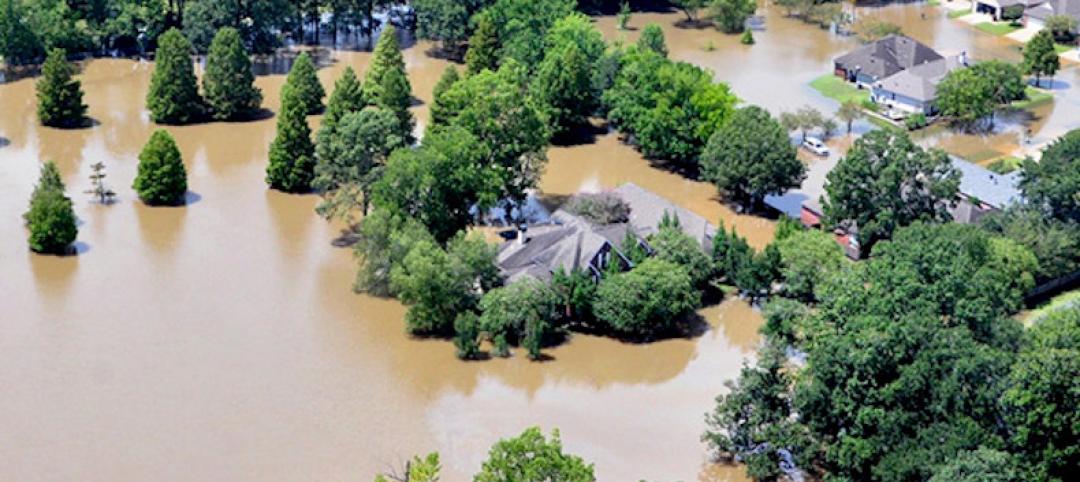Washington recently became the first state to require all electric heat for new buildings.
Under the state’s new energy code, most new commercial and large multifamily buildings will have to install heat pumps. The State Building Code Council, which voted to adopt a revised energy code that includes the all-electric provision, will consider a similar proposal for smaller residential buildings later this year. The revised code also requires the use of heat-pump hot water heaters.
The new Washington code includes exemptions for hospitals, research facilities, and other buildings where fossil fuels are required for “specific needs that cannot practicably be served by heat pumps.” Washington’s action is the latest in a widespread effort to transition buildings to appliances and HVAC equipment that can be powered by clean electricity. Advocates in many areas are backing legislation and code updates that restrict the expansion of natural gas use in new buildings.
There has been significant pushback on these efforts, though. In early April, a proposed gas ban for new buildings in New York State was dropped during contentious budget negotiations. (New York City, however, did impose a gas ban on new buildings in December.) California adopted a building code change last August that strongly discourages gas hookups in new buildings but does not mandate it.
Related Stories
Codes and Standards | Mar 17, 2022
Dept. of Energy seeks input on building-integrated photovoltaic systems
The U.S. Department of Energy (DOE) Solar Energy Technologies Office (SETO) and Building Technologies Office (BTO) recently issued a request for information to gather input on technical and commercial challenges and opportunities for building-integrated photovoltaic (BIPV) systems.
Legislation | Mar 16, 2022
Weak federal commercial real estate rules will hamper seizing Russian assets
Lax disclosure regulations that have made the U.S. a global hot spot for money laundering via real estate holdings will make it difficult for officials to seize properties from Russian oligarchs.
Codes and Standards | Mar 15, 2022
First company awarded Fitwel Certification in Senior Housing for Occupant Health & Wellness
The Springs at Greer Gardens in Eugene, Ore., is the first property to earn a Fitwel global health certification under the newly created senior housing scorecard.
Codes and Standards | Mar 7, 2022
Late payments in the construction industry rose in 2021
Last year was a tough one for contractors when it comes to getting paid on time.
Codes and Standards | Oct 26, 2020
New seismic provisions for the National Earthquake Hazards Reduction Program released
The provisions present a set of recommended improvements to the ASCE/SEI 7-16 Standard.
Resiliency | Mar 13, 2020
Feds push use of eminent domain to force people out of flood-prone homes
Local officials that don’t comply could lose federal money to combat climate change.
Building Technology | Jan 7, 2020
Tariff whiplash for bifacial solar modules
Bifacial solar systems offer many advantages over traditional systems.
Building Owners | Dec 2, 2019
What building owners and AEC teams need to know about New York’s Climate Mobilization Act
On April 18, 2019, the New York City Council passed the Climate Mobilization Act, a suite of laws aimed to meet the city’s commitment to achieving carbon neutrality by 2050.
Codes and Standards | Sep 12, 2019
Illinois law sets maximum retainage on private projects
The change is expected to give contractors bigger checks earlier in project timeline.
Codes and Standards | Sep 10, 2019
Retreat may be the best option for some coastal communities in face of sea level rise
A new study makes the case for relocating in a "strategic, managed" manner.

















